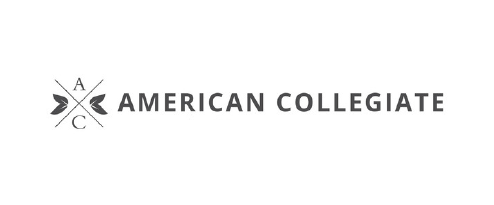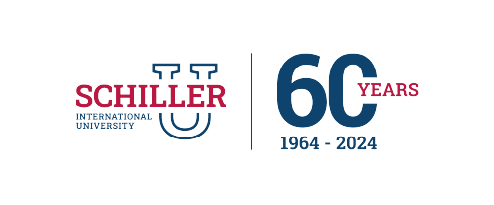Washington, D.C.
CapitalEnglish
Language+1
Dialing Code($) United States Dollar (USD)
Currency331 million as of 2023*
Population$25,000 per year*
Tuition FeesAppx $ 1,700 per month
Living ExpensesFall | Winter Spring
IntakesWhy Study in USA?
Studying in the USA offers unparalleled opportunities for academic and personal growth, with access to some of the world’s top-ranked universities, cutting-edge research facilities, and diverse cultural experiences. The American education system emphasises flexibility, allowing students to tailor their studies to their interests and career goals. Additionally, the USA’s strong emphasis on innovation and entrepreneurial spirit provides an excellent environment for aspiring professionals.
Benefits
Top-Ranked Institutions
Study at prestigious universities that are globally acclaimed
Diverse Course Offerings
Access a wide range of specialised courses as per your choice
Internship and Work Opportunities
Gain practical experience through diverse internship options
Cultural Diversity
Be a part of a multicultural student environment
Innovative Research Opportunities
Break the researching barriers with newly innovative tools
Global Recognition
Earn a degree that is valued highly by global employers
Explore MetaApply Calculators
Eligibility Criteria
| Academic Qualifications | Equivalent to U.S. high school diploma for undergraduate, relevant bachelor’s degree for graduate studies. |
| Standardised Tests | SAT/ACT for undergraduate, GRE/GMAT for graduate programmes. |
| Language Proficiency | TOEFL or IELTS for non-native English speakers. |
| Extracurricular Activities | Often considered in the holistic admissions process. |
Required Documents
| Completed Application Form | Through the Common App or individual university portals. |
| Academic Transcripts | Official copies from all previous institutions. |
| Standardised Test Scores | SAT, ACT, GRE, GMAT, etc. |
| Proof of English Proficiency | TOEFL or IELTS scores. |
| Personal Statement/Essays | Required by most universities. |
| Letters of Recommendation | Typically, from teachers or professionals. |
| Financial Documents | Proof of ability to pay tuition and living expenses. |
VISA Requirements
| Form I-20 | Issued by the university upon admission. |
| SEVIS Fee | Payment of the SEVIS (Student and Exchange Visitor Information System) fee. |
| DS-160 Form | Online nonimmigrant visa application. |
| Visa Interview | Schedule and attend an interview at the U.S. embassy or consulate. |
| Financial Proof | Evidence of sufficient funds to cover tuition and living expenses. |
| Passport | Valid for at least six months beyond the intended period of stay. |
Cost of Study in USA
| Tuition Fees | Varies widely; public universities ($10,000-$35,000 per year), private universities ($20,000-$50,000+ per year). |
| Living Expenses | Approximately $10,000-$20,000 per year depending on location. |
| Health Insurance | $1,000-$2,000 per year. |
| Books and Supplies | Around $1,000 per year. |
Please note: All information is sourced from web and the data may vary—kindly refer to official or government websites for the most accurate details.
Countries in Europe
Process of MetaApply
Frequently Asked Questions
The primary intakes are in the Fall (August/September) and Spring (January/February), with some universities also offering Summer sessions.
Yes, students on an F-1 visa can work up to 20 hours per week on-campus during the semester and full-time during breaks.
Yes, many universities offer scholarships and financial aid to international students based on merit and need.
After being accepted by a U.S. university, you will receive a Form I-20, which you use to apply for an F-1 visa at a U.S. embassy or consulate.
Yes, health insurance is mandatory, and many universities offer their own health insurance plans which students must purchase.

























